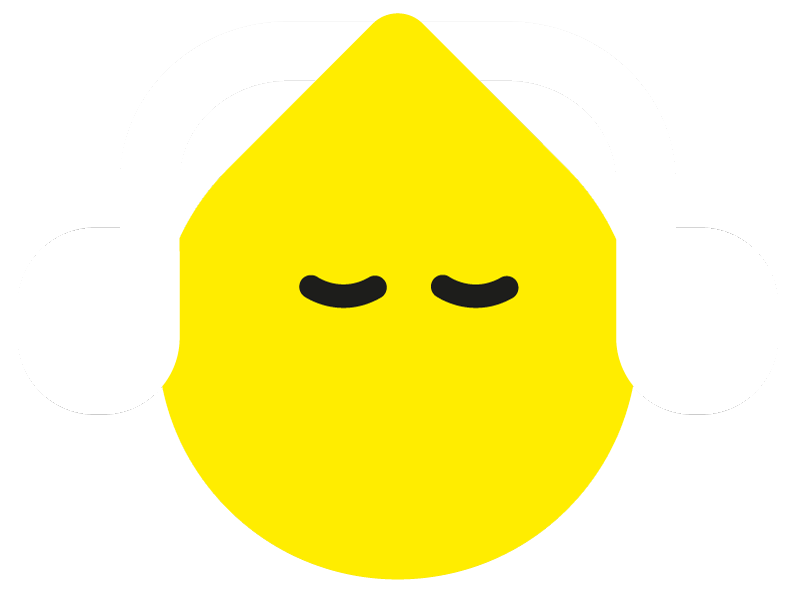Young Minds, Big Impact: Oliver Zschenker on Science Education and Its Image Problem
In Episode 10 of The Starlab Deep Dive, we speak with Oliver Zschenker, Head of the Hamburg School of Life Science, about something close to our mission at Starlab: how to get more young people excited about working in science—and why that’s becoming harder than it should be.
Oliver isn’t just running a school. He’s trying to close the gap between what science careers really look like and how they’re perceived by students, teachers, and society at large.
Why the Lab Isn’t What You Think
Ask someone to picture a lab technician, and the image isn’t flattering. Isolated, repetitive, maybe even a little mad scientist. The reality? It’s collaborative, hands-on, and vital.
Oliver’s students train to become Biological Technical Assistants (BTAs)—skilled professionals who help power research, diagnostics, and innovation. They’re the ones running PCRs, preparing samples, and working directly on issues like cancer, infectious diseases, and personalised medicine.
“This work isn’t routine. It’s meaningful. It decides diagnoses. It influences treatment.”
So why the disconnect?
A Job That Needs to Sell Itself
Oliver explains that despite the importance of lab-based roles, they’ve fallen off the radar—especially for school leavers. Many teachers aren’t even aware these career paths exist. The result? Fewer applicants, despite high demand and solid job prospects.
“We’ve had years where we couldn’t fill all the places. Not because the jobs aren’t there—but because people don’t know about them.”
It’s part of a wider trend, backed by research from Starlab: scientists rate their jobs as rewarding and engaging—but lab technicians often feel overlooked, both publicly and professionally.
What the Hamburg School of Life Science Is Doing Differently
The school uses a practical three-phase training model: nine months of foundational study, a year in real-world labs (including abroad), and a final certification. Students rotate through different environments—from university hospitals to industry—getting exposed to a full spectrum of lab life.
They even have access to Erasmus+ placements in other EU countries, giving them international lab experience early in their careers.
“By the time they graduate, they’ve seen real science in action. And they’re ready for it.”
Fighting the Image Problem, One Student at a Time
To counter low awareness, Oliver and his team visit schools, career fairs, and events with microscopes in hand—literally showing young people what life in the lab looks like. They also run social media campaigns and work with organisations like Starlab to raise visibility.
Still, it’s a challenge. “We need more than brochures. We need people to understand just how critical and dynamic these roles are.”
The Role of Curiosity—and Responsibility
Oliver’s own path began with a young, passionate chemistry teacher who made orbital theory feel exciting. That spark carried him through a PhD, postdoc research in the U.S., and eventually, back to education—where he now teaches chemistry himself.
His message to students?
“Always question. Stay curious. Especially in an age of fake news, science gives us facts—and we need people who can seek them out.”
The Takeaway
Jobs in the life sciences aren't disappearing. They're expanding. But if we don’t tell their story properly, we’ll miss out on the next generation of talent.
At Starlab, we believe in doing more than supplying labs—we support the people behind the science. And that starts by shining a light on their stories.
Listen to Episode 10 of The Starlab Deep Dive
Got a lab story to share? Tag us on Instagram @starlab_international or get in touch through our website.
Tips and more.
Our Sound.
Starlab offers a whole orchestra of laboratory equipment! Listen to the sounds of our products.
Good Vibes.
Our products, such as the Vortex Mixer, also provide a good vibration. Its design is love at first vibe.







